“Diversity is having a seat at the table, inclusion is having a voice, and belonging is having that voice be heard.”
“In diversity there is beauty and there is strength”. Maya Angelou
We recognise that:
Our culture is the result of our behaviours, our personal commitment, our curiosity, how we collaborate, and the ways that we courageously share our perspectives and encourage others to do the same.
Inclusion is about the actions that we take every day.
We must strive to be equitable in our provision. ‘Equity’ involves distributing resources based on the needs of recipients. This goes beyond striving for equality, that has to do with giving everyone the exact same resources and therefore may be limiting by its nature.
Racism and inequality exist. It is our role to reflect upon how that impacts ourselves and others in our immediate and wider circles.
Being open to change and challenge of current views is a powerful lesson, helping us to become better and conscientious world citizens.
Actions often speak louder than words, others, including our children will mirror how we act in day-to-day life.
We accept that:
We need to develop our understanding and empathy. Without this we will struggle to understand how we unwittingly contribute to the discomfort and suffering experienced by others.
We need to listen and believe to learn. We will refer to experts and expert information when we need to, and we will commit to research before acting.
We all have biases, and many of us have privileges. We must be curious and question our own prejudice or the prejudice present in our nursery or activities. We should take note of our gestures, how we look at and how we interact with people.
Racism can be unconscious or unintentional. We must challenge ourselves to understand and to continue to discover and correct inequalities we may find.
When supporting children, we need to frame inequalities through their lens, understanding what is age appropriate and how children of that age experience the world.
We will support our children to:
Recognise situations that ‘are not fair’ and ‘are fair’.
Actively see colour and to see culture. When appropriate we will support children to see history, and to acknowledge that race has an impact on people’s life experiences.
Never judge a person’s character by their physical appearance.
Be exposed to diverse books, resources, and music to ensure our children do not associate influential heroes, the most ‘beautiful’ princesses, or the loudest voices as solely white for example.
Be brave and speak out to their teachers, their friends, their parents, and figures of authority in cases of injustice.
Be open to listening, to embrace independent learning opportunities, and to be prepared to alter their behaviour.


